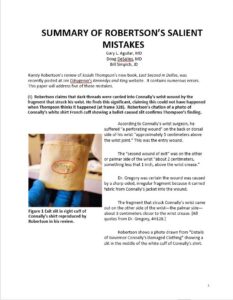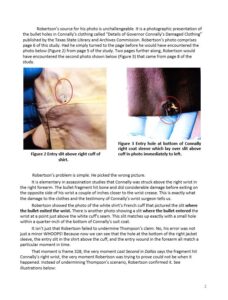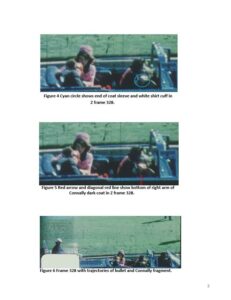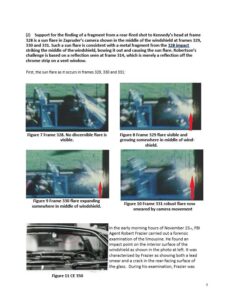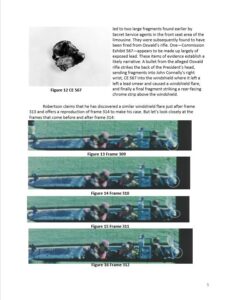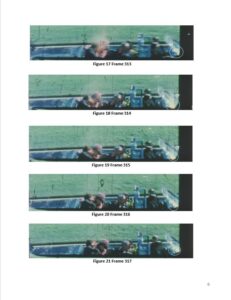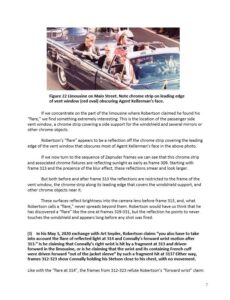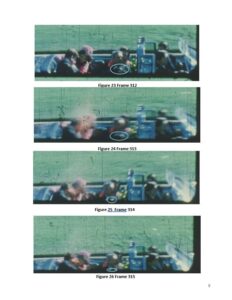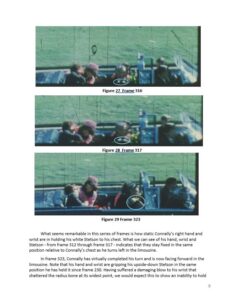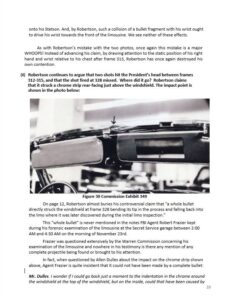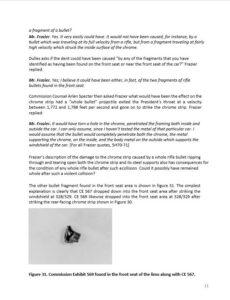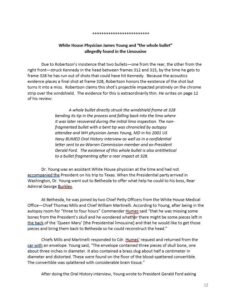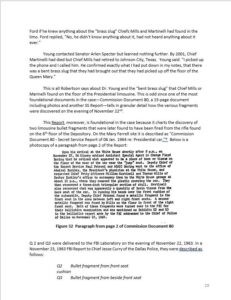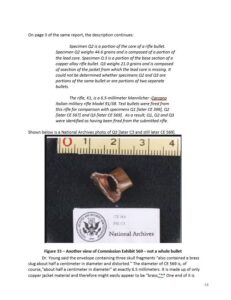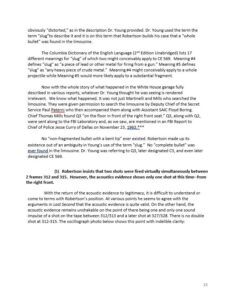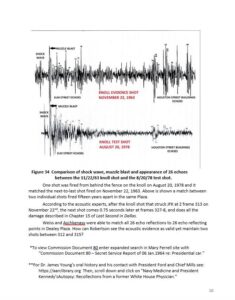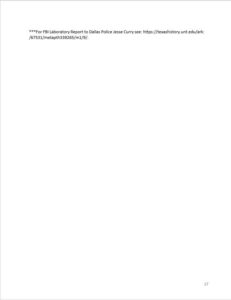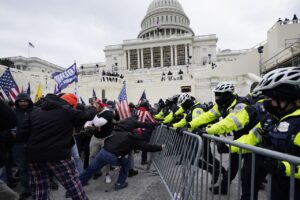WSJ|OPINION|BUSINESS WORLD
How much more do we need to learn about 2016 to realize the agency is a disaster?
By Holman W. Jenkins, Jr. | Sept. 21, 2021 6:30 pm ET
In ignoring the latest John Durham indictment, most of the media and official Washington are ignoring the elephant between its lines: the Federal Bureau of Investigation.
Mr. Durham, the special counsel appointed to investigate the government’s handling of the Russia collusion mess, levels a single criminal charge against Michael Sussmann, then a lawyer for the Democrat-linked firm Perkins Coie. In delivering to the FBI fanciful evidence of Trump-Russia collusion a few weeks before the 2016 election, Mr. Sussmann is alleged to have lied to the FBI’s chief lawyer, James Baker, claiming he was acting on his own behalf and not as a paid agent of the Clinton campaign.
Already you might be rolling your eyes. Mr. Durham provides ample reason in his own indictment for why the FBI would have known exactly whom Mr. Sussmann was working for. If Mr. Sussmann didn’t lie at the time, Mr. Baker may have lied since about what transpired between him and Mr. Sussmann. Either way, we are free to suspect the FBI would have found it useful to be protected from inconvenient knowledge about the Clinton campaign’s role. The same FBI then was busy ignoring the political antecedents of the Steele dossier, also financed by Mr. Sussmann’s law firm on behalf of the Clinton campaign, information that the FBI would shortly withhold from a surveillance court in pursuit of a warrant to spy on Trump pilot fish Carter Page.
Mr. Durham, in describing the Sept. 19, 2016, meeting with Mr. Baker, suggests that a properly informed FBI might have thought twice before opening an investigation into Mr. Sussmann’s phony story about the Trump Organization and Russia’s Alfa Bank. This is a way also of saying the FBI might have found it harder to proceed without the political deniability that Mr. Sussmann’s alleged statement provided.
At this late date, none of this can be consumed without recognizing that the FBI was already hip-deep in the 2016 election. It began a few weeks earlier with Director James Comey’s insubordinate, improper (according to the Justice Department’s own inspector general) intervention in the Hillary email case. We learned much later that Mr. Comey justified this unprecedented action by referring to secret Russian “intelligence” that his FBI colleagues considered a red herring and possible Russian disinformation. Your eyes should really be rolling now.

